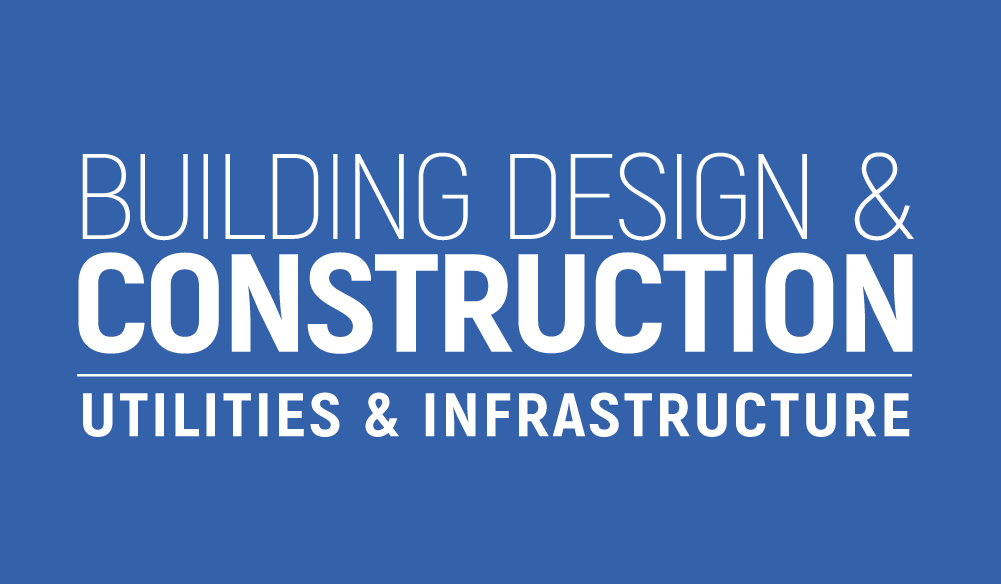An Energy Performance Certificate (EPC) reveals how energy efficient a property is. If you are a former or current renter, you may have already seen one.
They’re often provided by letting agents to assess the potential cost of energy bills — but, they can help any UK resident to carefully budget.
Here, we explore their significance in more detail.
Who produces an EPC?
EPCs are issued by qualified assessors. Before a certificate is produced, they inspect your home, calculate the amount of energy used per m², and observe its carbon dioxide emissions (per year).
This is primarily based on the energy that you use for lighting, hot water and heating. Afterwards, they match your home’s efficiency to the EPC colour-coded scale. Your property is then graded with an energy efficiency level between A and G.
A represents the lowest range of running costs (92/100 and above), while G is used for the highest (1-20/100). Your EPC is valid for 10 years. With it, you can learn how green your living space is.
What are its benefits?
You can use your EPC to improve the energy efficiency of your home. In the UK, this record typically displays two ratings columns.
One presents the current grade of your home; the other suggests an attainable higher figure. Almost always, the latter presents how much you could possibly save in energy costs. This can benefit you as an individual and wider society.
From an environmental perspective, it could motivate people to become more conscious of their energy consumption. It may also enable people to reduce their bills. In addition, with a high EPC rating, Britons stand to heighten the value of their property.
So, its rewards can be enjoyed by all.
How Can I Improve My Rating?
If your EPC rating isn’t as high as you would like it to be, don’t worry. There are easy ways to improve it. And they can improve the comfort and value of your property, too. Thermal insulation is usually the best place to start.
Double glazed windows, for example, could raise your home’s heat retention rate. Loft and wall insulation can help with this, too. With these modifications, you may be able to lower your energy use. This can increase your EPC rating and limit your monthly outgoings.
Additionally, through regular boiler checks, you can make sure that your living area is as energy-efficient as possible. With simple steps, you can strengthen the green value of where you live.
An EPC can be a valuable tool — one that can enable us to save both money and the planet. Now that you know how, you could very well maximise your home’s energy efficiency. This is an exciting time for smart power consumption.





